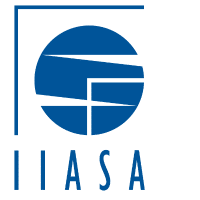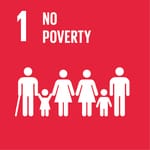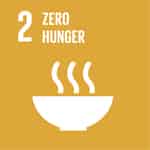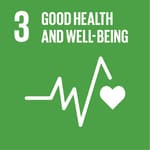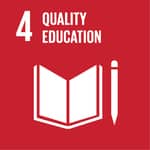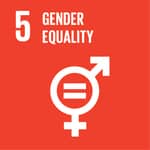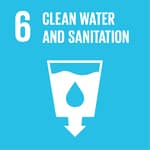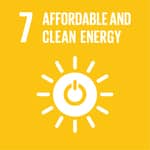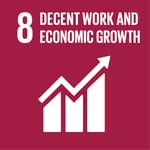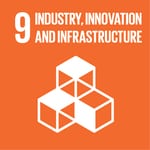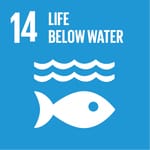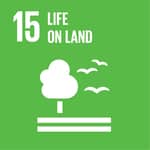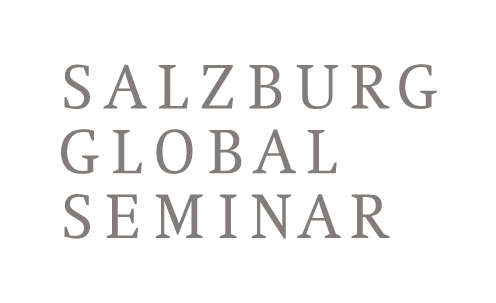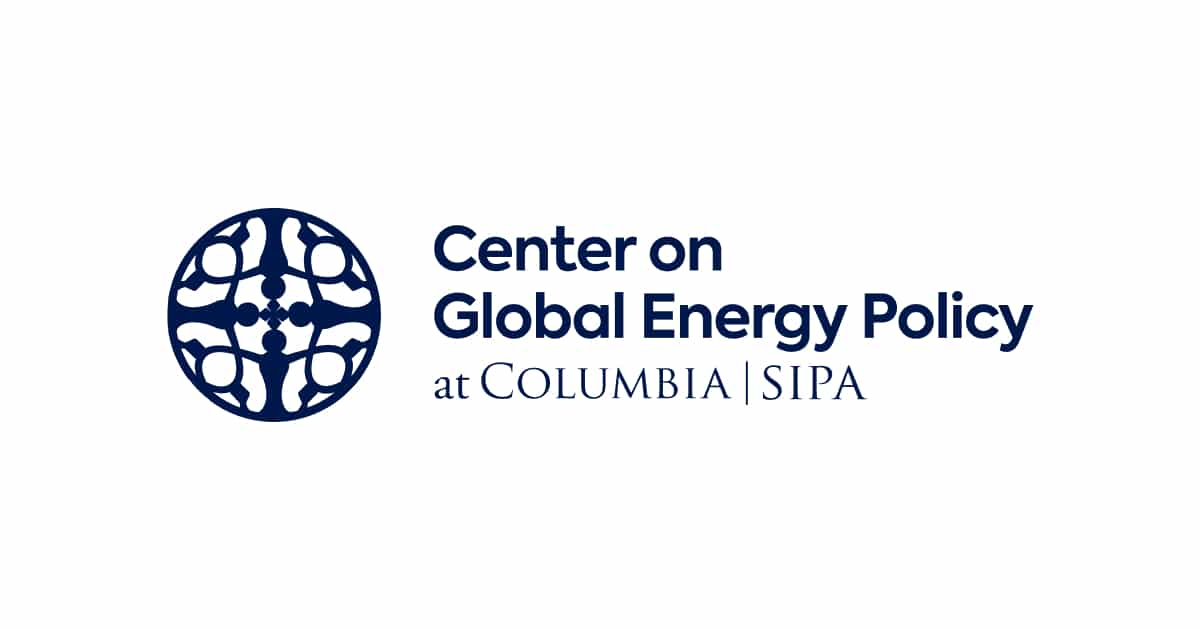It seeks to become “the world leader in systems analysis to find solutions to global problems for the benefit of humankind.” It conducts policy-oriented research into issues that are too large or complex to be solved by a single country or academic discipline. This includes pressing concerns that affect the future of all of humanity, such as climate change, energy security, population aging, and sustainable development. Runs a Young Scientists Program and the IIASA Postdoctoral Program.
Cooperation and Transformative Governance (CAT)
Systemic Risk and Resilience (SYRR)
Exploratory Modeling of Human-natural Systems (EM)
Novel Data Ecosystems for Sustainability (NODES)
Agriculture, Forestry, and Ecosystem Services (AFE)
Biodiversity, Ecology, and Conservation (BEC)
Integrated Biosphere Futures (IBF)
Water Security (WAT)
Economics of Equal Life Chances (EELC)
Economics of disruptive change (EDC)
Integrated Assessment and Climate Change (IACC)
Pollution Management (PM)
Sustainable Service Systems (S3)
Transformative Institutional and Social Solutions (TISS)
Equity and Justice (EQU)
Migration and Sustainable Development (MIG)
Multidimensional Demographic Modeling (MDM)
Social Cohesion, Health, and Wellbeing (SHAW)
fairSTREAM project
JustTrans4All project
RESIST project
TRUST project
Publications:
- A collection of major models, research tools, and databases
- All Publications
- PURE – The institutional Publication Repository containing 10,000+ academic papers, books, book chapters, preprints, postprints, reports, and conference items published 1973.
- Options – A biannual magazine that presents the latest research for a non-specialist audience
- Policy News

